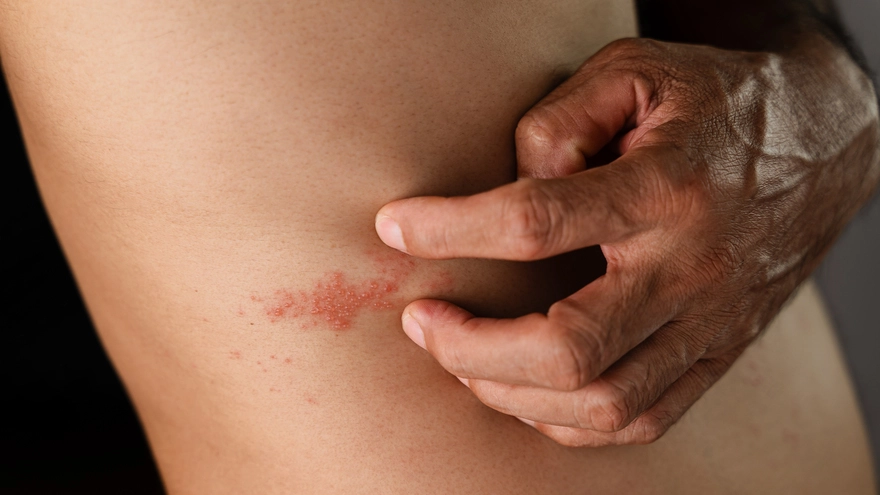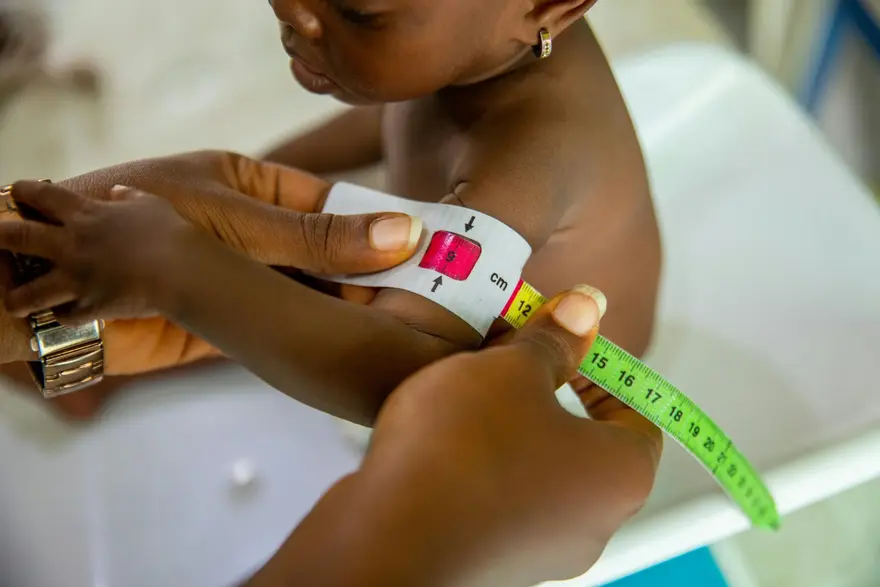Preventive Healthcare
Pemphigus Vulgaris: An In-Depth Look at Symptoms and Treatment Options
182 Views
0

Pemphigus vulgaris is a rare autoimmune disease that causes painful blisters on the skin and mucous membranes. This condition can significantly impact a person's quality of life, making everyday activities like eating and talking difficult. If you or a loved one has been diagnosed with pemphigus vulgaris, understanding the symptoms, causes, and available treatments is crucial for effective management. In this article, we'll provide an in-depth look at pemphigus vulgaris, including its symptoms, risk factors, diagnostic tests, and treatment options, to help you navigate this challenging condition with greater knowledge and confidence.
What is pemphigus vulgaris?
Pemphigus vulgaris is an autoimmune blistering disorder that affects the skin and mucous membranes. It is one of several types of pemphigus, a group of diseases where the body's immune system mistakenly attacks the proteins that hold skin cells together. This attack causes the skin to blister and peel, leading to raw, painful sores. Pemphigus vulgaris most commonly affects the mouth, nose, throat, eyes, and genitals, but it can also involve other areas of the skin.
What are the symptoms of pemphigus vulgaris?
The primary symptoms of pemphigus vulgaris include:
-
Painful blisters that rupture easily, leaving raw sores
-
Skin that peels with gentle rubbing
-
Mouth sores that make eating and talking painful
What causes pemphigus vulgaris?
The exact causes of pemphigus vulgaris are not fully understood, but it is known to involve a malfunction of the immune system. In pemphigus vulgaris, the body produces antibodies that attack proteins called desmoglein 1 and desmoglein 3, which are responsible for holding skin cells together. This attack results in the formation of blisters and erosions. Certain environmental triggers may also play a role in the development of pemphigus vulgaris, such as:
-
Exposure to chemicals containing thiol groups (e.g., in certain foods like leeks and tomatoes)
-
Emotional stress
-
UV exposure
-
Some medications
Who is at risk for pemphigus vulgaris?
While pemphigus vulgaris can affect people of any age or ethnicity, certain factors may increase an individual's risk:
- Ethnicity: People of Eastern European Jewish and Mediterranean descent have a higher incidence of pemphigus vulgaris.
- Occupational exposure: Individuals with prolonged exposure to certain chemicals, such as pesticides, may be at increased risk.
- Age: Pemphigus vulgaris most commonly develops between the ages of 30 and 60.
How is pemphigus vulgaris diagnosed?
Diagnosing pemphigus vulgaris typically involves a combination of clinical evaluation, medical history, physical exam, and specific diagnostic tests:
-
Blood tests to detect autoantibodies against desmoglein 1 and 3
-
Direct immunofluorescence (DIF) microscopy of a skin biopsy to identify antibodies deposited in the skin
-
Indirect immunofluorescence (IIF) serum testing and ELISA to detect circulating autoantibodies
Your healthcare provider may also perform a skin biopsy to examine the affected tissue under a microscope and rule out other conditions.
How is pemphigus vulgaris treated?
Treatment for pemphigus vulgaris focuses on reducing inflammation, suppressing the immune system, and promoting healing of the blisters and sores. The specific pemphigus vulgaris treatment plan will depend on the severity of the condition and individual patient factors. Common treatment options include:
Corticosteroids and immune-suppressing drugs
Systemic corticosteroids, such as prednisone, are often the first line of treatment for pemphigus vulgaris. These medications help reduce inflammation and suppress the overactive immune response. Immunosuppressive drugs like azathioprine, cyclophosphamide, or mycophenolate mofetil may also be used to manage the disease.
Antibiotics, antivirals, and antifungals
These medications may be prescribed to prevent or treat secondary infections that can develop in the open sores and blisters caused by pemphigus vulgaris.
Intravenous (IV) feeding
In severe cases where extensive mouth and throat sores make eating difficult, IV feeding may be necessary to ensure proper nutrition.
Plasmapheresis
This procedure involves removing the plasma portion of the blood to reduce levels of harmful autoantibodies. Plasmapheresis may be considered for severe cases that do not respond to other treatments.
Wound management
Proper care of blisters and sores is essential to prevent infection and promote healing. This may involve gently cleaning affected areas, applying dressings, and protecting the skin from further injury.
What are the complications of pemphigus vulgaris?
Complications of pemphigus vulgaris can include severe infections, scarring, and malnutrition due to difficulty eating. In rare cases, the condition can be life-threatening if not properly managed.
What is the outlook for people with Pemphigus vulgaris?
With modern treatments, the prognosis for individuals with pemphigus vulgaris has improved significantly. The five-year survival rate is now approximately 81.5%. However, ongoing management is necessary to control symptoms and prevent complications. Patients with pemphigus vulgaris often require long-term treatment and close monitoring by a dermatologist or other healthcare provider specialising in autoimmune skin disorders.
Conclusion
Pemphigus vulgaris is a complex autoimmune disease that requires prompt, comprehensive medical care. By understanding the symptoms, causes, diagnostic process, and treatment options, patients and their loved ones can better navigate this challenging condition. If you suspect you may have pemphigus vulgaris, don't hesitate to consult with a healthcare professional for an accurate diagnosis and personalised treatment plan. Metropolis Healthcare offers reliable diagnostic testing services, including blood tests and immunofluorescence studies, to help identify pemphigus vulgaris and other autoimmune disorders. With the right knowledge, support, and medical care, managing pemphigus vulgaris and maintaining a good quality of life is within reach.























 WhatsApp
WhatsApp